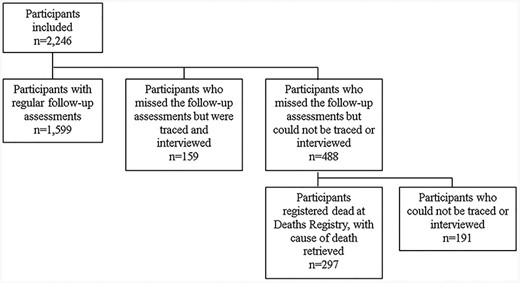Dementia isn’t something that switches on like a switch. We ‘cultivate’ it for decades before it becomes so obvious it gets diagnosed.
My father was diagnosed with Alzheimer’s at 87, which was 20+ years after he slowed down his responses to questions, and became tunnel visioned during certain activities. Also started to lose his navigation skills and (slowly) to lose his problem solving capacity. He kept his sudoku abilities to near the end. Each symptom developed at glacier speed and was only noticeable in retrospect.
We can fight the foreshadowing of Alzheimers all our youth and middle years, with a combo of good diet (omega 3s, since the brain is largely fat, and certain key nutrients), mental challenges, physical activity, and so on. Genetics and family history also play a large part.
So it actually astonishes me that any study can link dementia (of any kind) to a single bout of rapid HbA1c reduction.
My personal view is that a bigger factor is likely to be the hyperinsulinaemia which predated (and probably post dated) the rapid A1c reduction. Or chronic inflammation. Or the endless nutrient poor carbs we are all encouraged to eat. Or malnutrition due to 30 years of dieting. Or sleep apnea (also v common in T2s)…
And if we rapidly lower A1c in (for example) our 50s, are now in our 60s, and won’t develop dementia til our 80s, then can we really blame a rapid HbA1c reduction 30 years earlier? How do we even identify that link?
It has been known for many years that type 2 diabetes increases a person's risk for stroke and heart disease, and more recent studies have shown that diabetes also increases risk of dementia. But n...

www.health.harvard.edu










